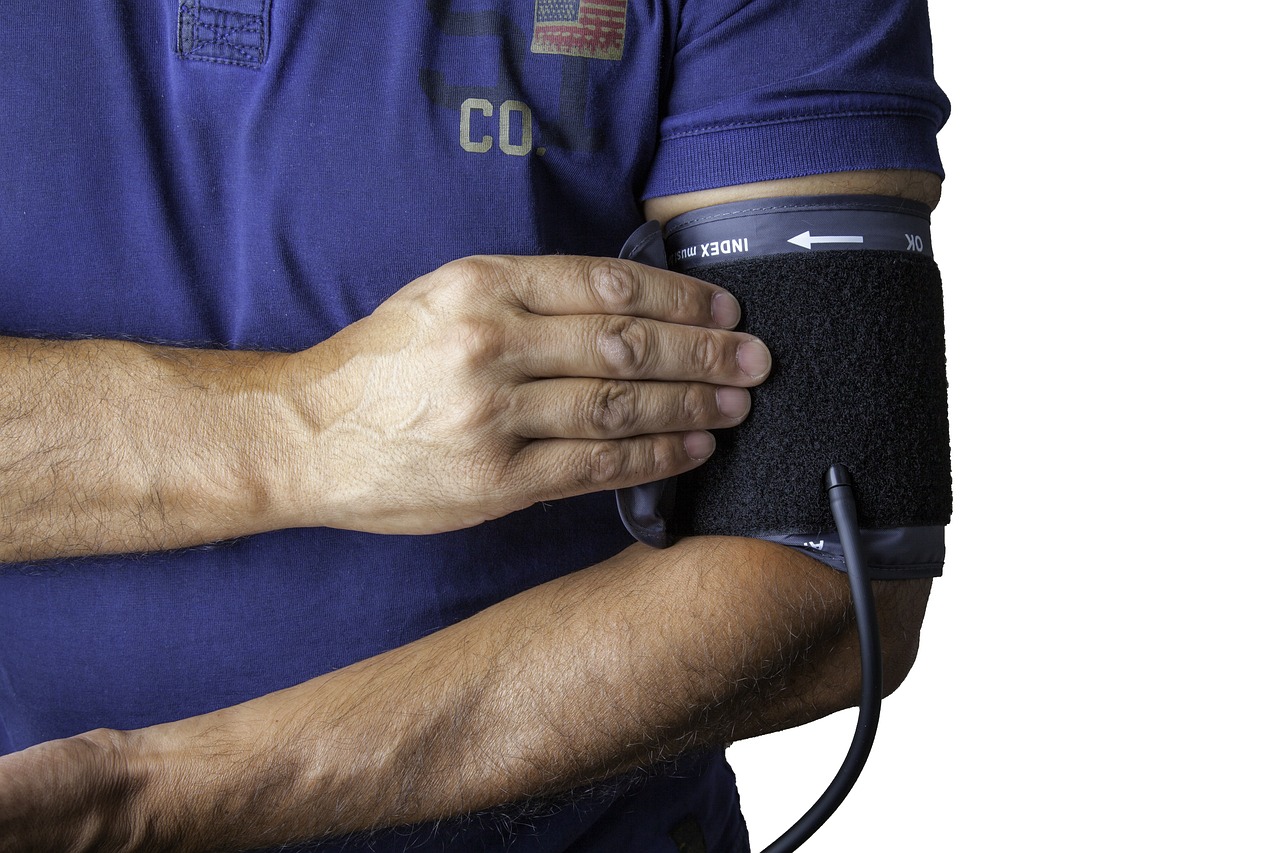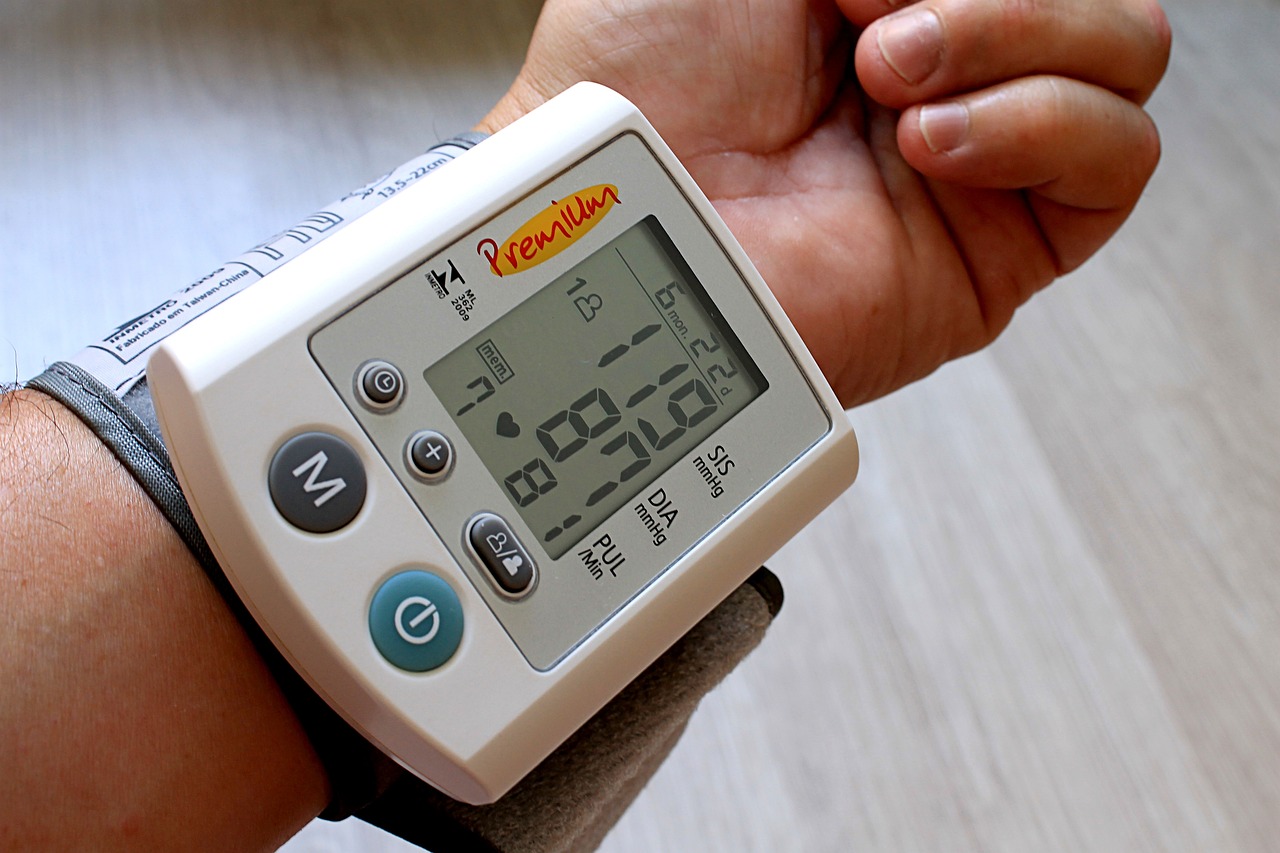High blood pressure, or hypertension, can often be effectively managed through lifestyle modifications. These changes in daily habits can have a significant impact on blood pressure levels and overall cardiovascular health. Here are some lifestyle modifications that can help lower blood pressure:
- Adopt a Balanced Diet: Following a diet that emphasizes fruits, vegetables, whole grains, lean proteins, and low-fat dairy products can help reduce blood pressure. This includes reducing sodium (salt) intake and increasing potassium-rich foods, as potassium helps counteract the effects of sodium on blood pressure.
- Engage in Regular Physical Activity: Regular exercise is beneficial for cardiovascular health and can help lower blood pressure. Aim for at least 150 minutes of moderate-intensity aerobic exercise or 75 minutes of vigorous exercise each week. Activities such as brisk walking, jogging, cycling, or swimming are excellent choices.
- Manage Stress Levels: Chronic stress can contribute to high blood pressure. Finding healthy ways to manage stress, such as practicing relaxation techniques (deep breathing, meditation, yoga), engaging in hobbies, or seeking support from friends and family, can help reduce blood pressure.
- Limit Alcohol Consumption: Excessive alcohol intake can raise blood pressure. It is recommended to limit alcohol consumption to moderate levels—up to one drink per day for women and up to two drinks per day for men.
- Quit Smoking: Smoking damages blood vessels and raises blood pressure. Quitting smoking is crucial for overall cardiovascular health and to help lower blood pressure. Seek support from healthcare professionals or support groups to quit successfully.
- Maintain a Healthy Weight: Losing excess weight can have a positive impact on blood pressure. By adopting a balanced diet and engaging in regular physical activity, individuals can achieve and maintain a healthy weight, which can help lower blood pressure.
- Limit Caffeine Intake: While the effects of caffeine on blood pressure can vary from person to person, it is advisable to limit caffeine consumption, especially if it seems to have a significant impact on blood pressure levels.
It is important to note that lifestyle modifications should be implemented in consultation with a healthcare professional, who can provide personalized guidance and support. In some cases, medication may also be necessary to control blood pressure, and lifestyle changes can complement pharmacological treatment.
By making these lifestyle modifications, individuals can take an active role in managing their blood pressure, reducing the risk of hypertension-related complications, and promoting overall cardiovascular health.

